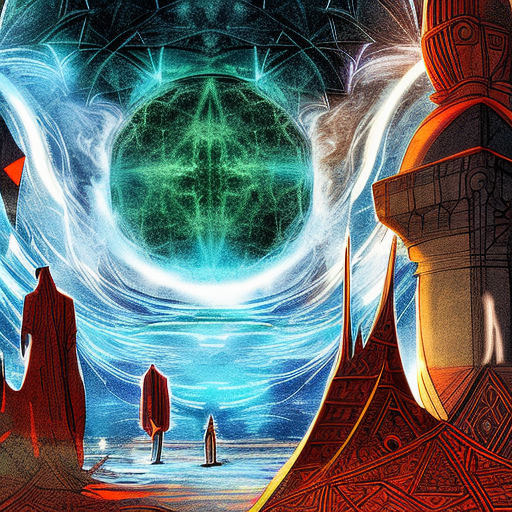A History of Western Philosophy: A comprehensive journey through the evolution of philosophical thought, exploring the ideas and contributions of influential thinkers from ancient Greece to the modern era.
The Birth of Philosophy: Ancient Greece
In the first section of “A History of Western Philosophy,” author Bertrand Russell delves into the birth of philosophy in ancient Greece. He explores the ideas of renowned philosophers such as Thales, Pythagoras, and Heraclitus, who sought to understand the nature of the universe and the fundamental principles that govern it. Russell highlights the significance of Socrates, Plato, and Aristotle, whose philosophies laid the foundation for Western thought.
Moving through the ages, Russell examines the contributions of philosophers during the Hellenistic period, including the Stoics, Epicureans, and Skeptics. He discusses the influence of Roman philosophy and the rise of Christianity, which brought about a shift in philosophical thinking.
Medieval Philosophy: The Age of Faith
In this section, Russell explores the impact of Christianity on philosophical thought during the Middle Ages. He delves into the works of influential theologians and philosophers such as Augustine and Thomas Aquinas, who sought to reconcile faith with reason. Russell also examines the rise of Islamic philosophy and its influence on Western thought, particularly through the works of Avicenna and Averroes.
Russell highlights the tensions between faith and reason during this period, as well as the emergence of scholasticism and the debates surrounding the existence of God. He discusses the philosophical developments in ethics, metaphysics, and epistemology, providing insights into the intellectual climate of the time.
The Enlightenment and Beyond: Modern Philosophy
In the final section of the book, Russell explores the revolutionary ideas that emerged during the Enlightenment and shaped modern philosophy. He delves into the works of philosophers such as Descartes, Spinoza, and Leibniz, who sought to establish a rational and scientific approach to understanding the world. Russell also examines the contributions of British empiricists like Locke, Berkeley, and Hume, who emphasized the role of experience and observation in acquiring knowledge.
The author further discusses the philosophical responses to the challenges posed by scientific discoveries and the emergence of skepticism. He explores the ideas of Kant, Hegel, and Nietzsche, who revolutionized philosophical thought with their theories on morality, knowledge, and the nature of reality.
In the latter part of the book, Russell delves into the rise of analytic philosophy and the works of philosophers such as Wittgenstein and Russell himself. He discusses the debates surrounding language, logic, and the nature of philosophy, providing a comprehensive overview of the diverse strands of thought that have shaped Western philosophy.
- Philosophy in ancient Greece laid the foundation for Western thought.
- The Middle Ages saw the integration of faith and reason.
- The Enlightenment brought about a scientific and rational approach to philosophy.
- Modern philosophy encompasses diverse strands of thought, including analytic philosophy.
“The good life is one inspired by love and guided by knowledge.”
– Bertrand Russell
Key Takeaways:
– Ancient Greek philosophers, such as Socrates, Plato, and Aristotle, laid the foundation for Western philosophy.
– The Middle Ages saw the integration of faith and reason, with influential figures like Augustine and Aquinas.
– The Enlightenment brought about a shift towards scientific and rational thinking.
– Modern philosophy encompasses diverse strands of thought, including analytic philosophy.
In “A History of Western Philosophy,” Bertrand Russell provides a comprehensive and engaging exploration of the evolution of philosophical thought. From ancient Greece to the modern era, he highlights the ideas and contributions of influential thinkers, offering readers a deeper understanding of the intellectual journey that has shaped Western civilization.












